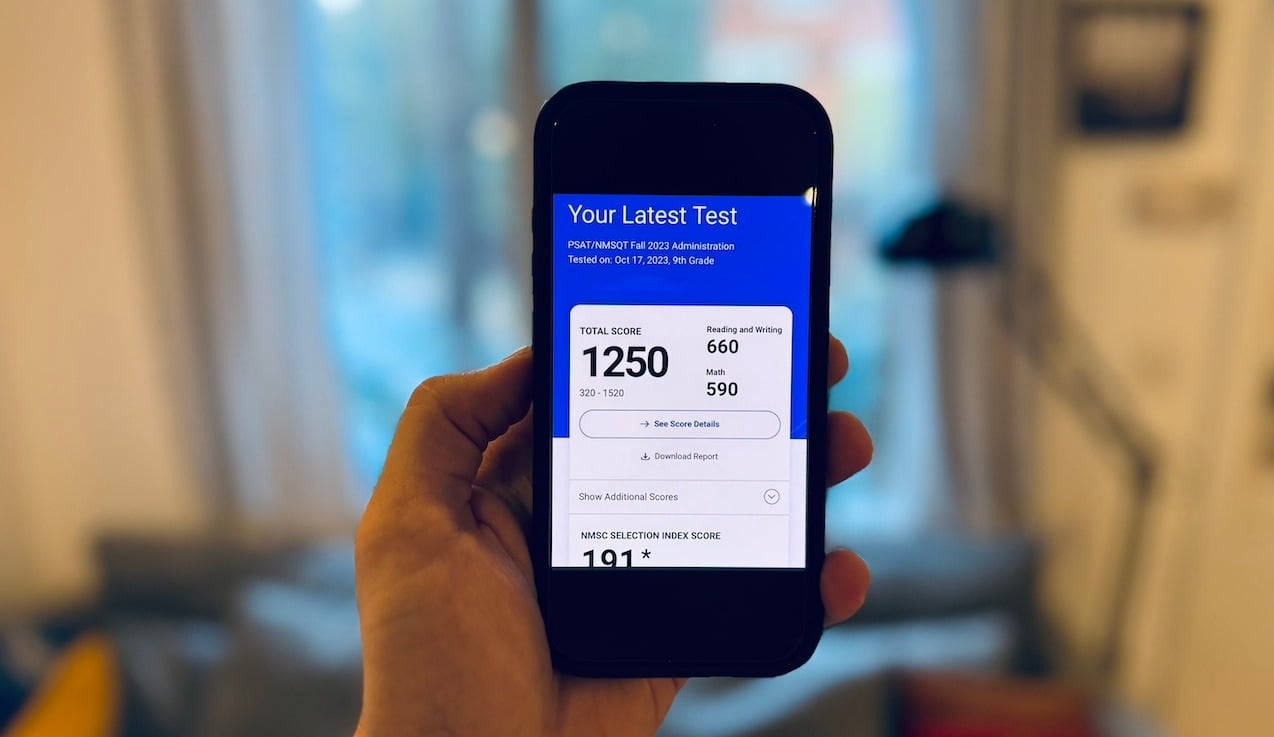I am of the opinion that high school students are already under so much pressure that it is important to figure out what is truly necessary. When it comes to college admissions, it is hard to know what students should do. It comes down to the individual student and their aspirations. Subject Tests often become part of the vernacular of a college-bound student. But how do you know if you really need to take these extra tests?
If you are just hearing about Subject Tests for the first time, you are not alone. Back in the day when I was in high school, they were called Achievement Tests. Then the College Board renamed them SAT 2 Tests. And now they are called Subject Tests.There are about 20 of them to choose from in the core subject matters that are taught at the high school level. They are scored with the same range as the sections of the SAT: 200 to 800. Students can take up to three of them on one day, but taking one or two on a test date is usually a more reasonable plan.
The best time to take Subject Tests is generally in June right after the student takes the corresponding class during the school year when the content is still fresh. Taking an AP and IB level class is often the precursor to taking a Subject Test. For example, if a student takes AP US History during junior year, they might be well-suited to take the US History Subject Test in June.
READ MORE: All You Need to Know About Subject Tests in One Handy Guide
But just because a student finds a Subject Test that matches up with a class they took doesn't necessarily mean they should take these tests. The only colleges/programs that are requiring or recommending Subject Tests are typically highly selective colleges and they expect exceptionally high scores for a student to be competitive. If required or recommended, students usually have to submit two Subject Tests. Georgetown University remains the only college to still want three Subject Tests.
Before you sign up and take these very challenging tests, answer the following the questions:
- Are you planning to take a Subject Test in an area that you have just completed the corresponding class offered at the highest level at your school?
- Did you excel in that class during the school year? (Students getting A's in AP or IB classes are generally more prepared to take Subject Tests.)
- Has your teacher expressed that all of the content for the Subject Test has been covered during the school year? (If not, you will need to teach yourself the rest of the material before taking the test.)
- Does your teacher offer a review class leading up to the Subject Test? (If not, will you be taking a class, working with a tutor, or pursuing self-study on your own?)
- Are you planning to take the AP or IB exam in the class in May right before the Subject Test?
- Do you have a plan in place to help you prepare for the Subject Test leading up to the June test date as the material on the AP and IB exams is not the same as the Subject Tests?
- Are you scoring in the 700+ range on practice Subject Tests in this area at least a week before the test date?
- Are you considering any colleges that require or recommend Subject Tests for admission?
- If you are a high school junior, are you in good shape with your SAT or ACT? (If not, you might want to spend your time and energy focused on that test first.)
- Are you planning to take Subject Tests in areas that are your obvious strengths?
If you answered "yes" to all of these question (and that's very hard to do!), taking Subject Tests might be a smart move. If you answered "no" to a lot of questions, it might be worth spending time on other things that are more valuable to you. It is impossible to take every test and perform at such a high level without tremendous sacrifice. Sometimes it is better to excel at one thing rather than spread yourself out to thin.
"Sometimes it is better to excel at one thing rather than spread yourself out to thin." TWEET THIS
Subject Tests can add a layer of stress that is simply too much for high school students to bear. After a year full of SATs, ACTs, AP or IB exams, and final exams, the student (and parent) should ask themselves if Subject Tests are really necessary.
I often say that admissions officers should walk a day in the lives of our kids before they require one more thing of them. Many of the elite colleges have made policy changes that now recommend Subject Tests rather than require them. But students hear that if they don't take Subject Tests, they will be disadvantaged in the process.
READ MORE: Ten Secrets for Reporting Test Scores to Colleges
Colleges are beginning to feel more pressure from parents and people like me to reevaluate their requirements in light of the frenzy they have caused. Mark my words, Subject Tests will become the dinosaurs of the college admissions process in the near future. In the meantime, answer the above questions and make a thoughtful decision for you rather than for those colleges.








.jpg)



